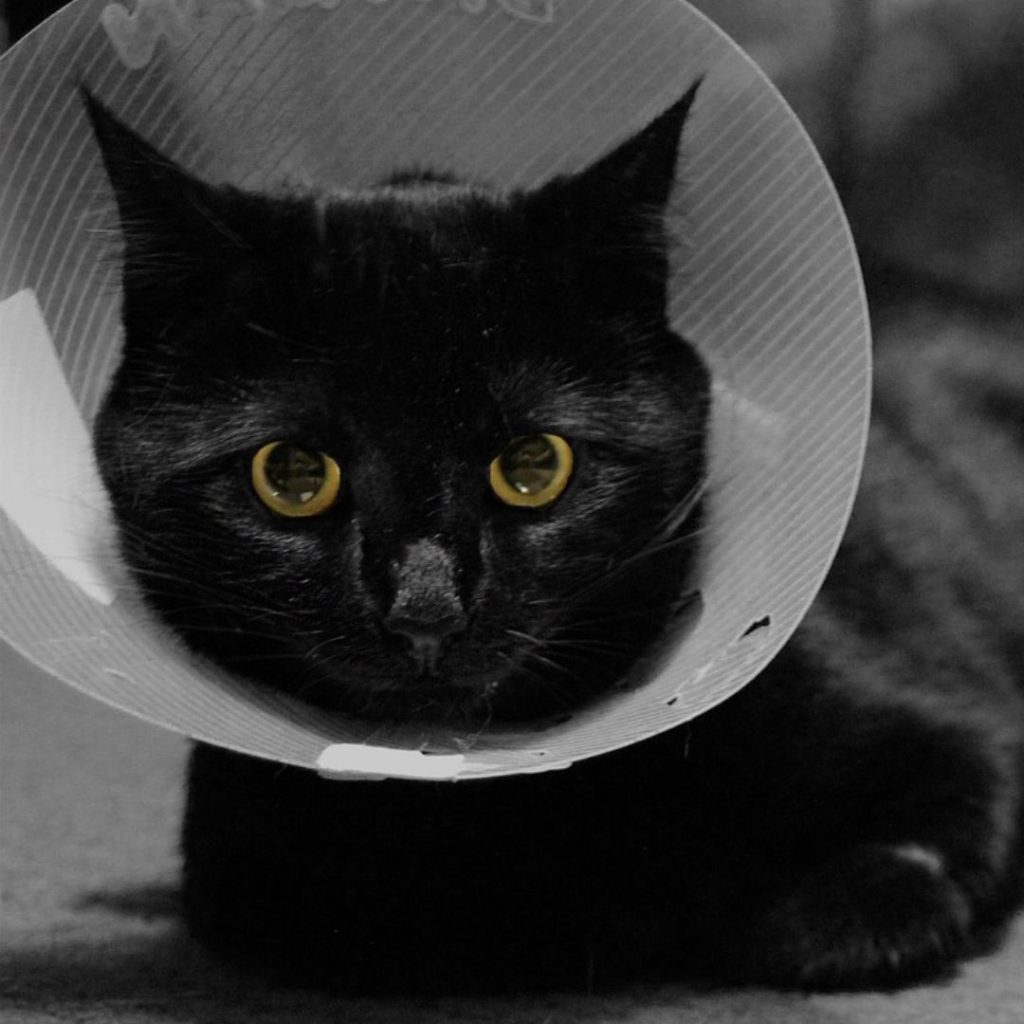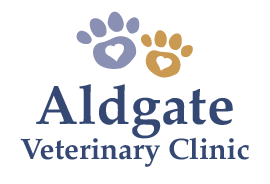
OUR SERVICES
Surgery
From the elective to the unavoidable, our skilled veterinarians and state-of-the-art surgery suite are fully equipped to perform a range of surgeries. You can rest assured your fur babies are in expert hands with Aldgate Veterinary Clinic.
Desexing
Desexing or neutering your pet is a surgical procedure that prevents them from being able to reproduce. It is a routine procedure requiring minimal down time, with your pet often returning home by the evening of the surgery.
We recommend desexing your pet between 4 and 6 months, however this procedure can be performed at any age.
There are a number of benefits to desexing your pet, which include:
- Prevention of accidental litters
- Prevention of common cancers and illness
- Decreased aggression
- Reduced desire to roam
- Reduction in mounting & urine marking
- Stopping the heat cycle in females
- Reduction in council registration fees
Common questions about desexing
Will desexing affect my pet’s personality?
Your pet will retain their pre-operation personality, possibly with the added bonus of being calmer and less aggressive.
Should my female have one litter first?
No – it is actually better for her not to have any litters before being spayed. Her risk of developing breast cancer increases if she is allowed to go through her first heat.
“Will it cause my pet to become fat?”
Your pet’s metabolism may be slowed due to hormonal changes after desexing, however this is easily managed with adjusting feeding and ensuring adequate exercise. There is no reason a desexed pet cannot be maintained at a normal weight.
“Is desexing painful?”
As with all surgery, there is some tenderness immediately after the procedure, but most pets will recover very quickly. We administer pain relief prior to surgery and after surgery too. Your pet will be discharged with a short course of pain relief medication to take at home for the first few days after the surgery. In many cases, your pet will likely need some encouragement to take it easy!
“Will my dog lose its “guard dog”instinct?”
No, your dog will be just as protective of their territory as before the surgery.
What to do before and after surgery
BEFORE SURGERY
Make a booking for your pets operation.
If your pet is a dog, wash them the day before surgery as they are unable to be washed after for 14 days.
Do not give your pet food after 8pm the night before the operation and the morning of, water is ok to be available.
A blood test may be performed prior to surgery to check vital organ function.
The vet will perform a thorough physical examination before administering an anaesthetic.
Some pets will require intravenous fluid support during surgery. This will be discussed with you prior to the procedure.
To ensure your pet is as comfortable as possible, all pets receive pain relief prior to desexing and to take home for a few days after the procedure.
AFTER SURGERY
Keep your pet restrained and quiet as the effects of anaesthetic can take some time to wear off completely.
Restricting their physical activity is also essential to allow the wound to heal.
Food and water should be limited to small portions only on the night after surgery.
Follow any dietary instructions that the vet has provided.
Ensure all post-surgical medications (if any) are administered as per the label instructions.
Ensure your pet’s rest area is clean to avoid infection.
Check the incision at least twice daily for any signs of infection or disruption (eg. bleeding, swelling, redness or discharge). Contact the vet immediately if these symptoms appear. Do not wait to see if they will spontaneously resolve.
Prevent your pet from excessively licking or chewing the wound. Special cone-shaped collars assist with this problem if needed.
If you have any concerns before or after your pet has been desexed, please call us immediately to discuss.

